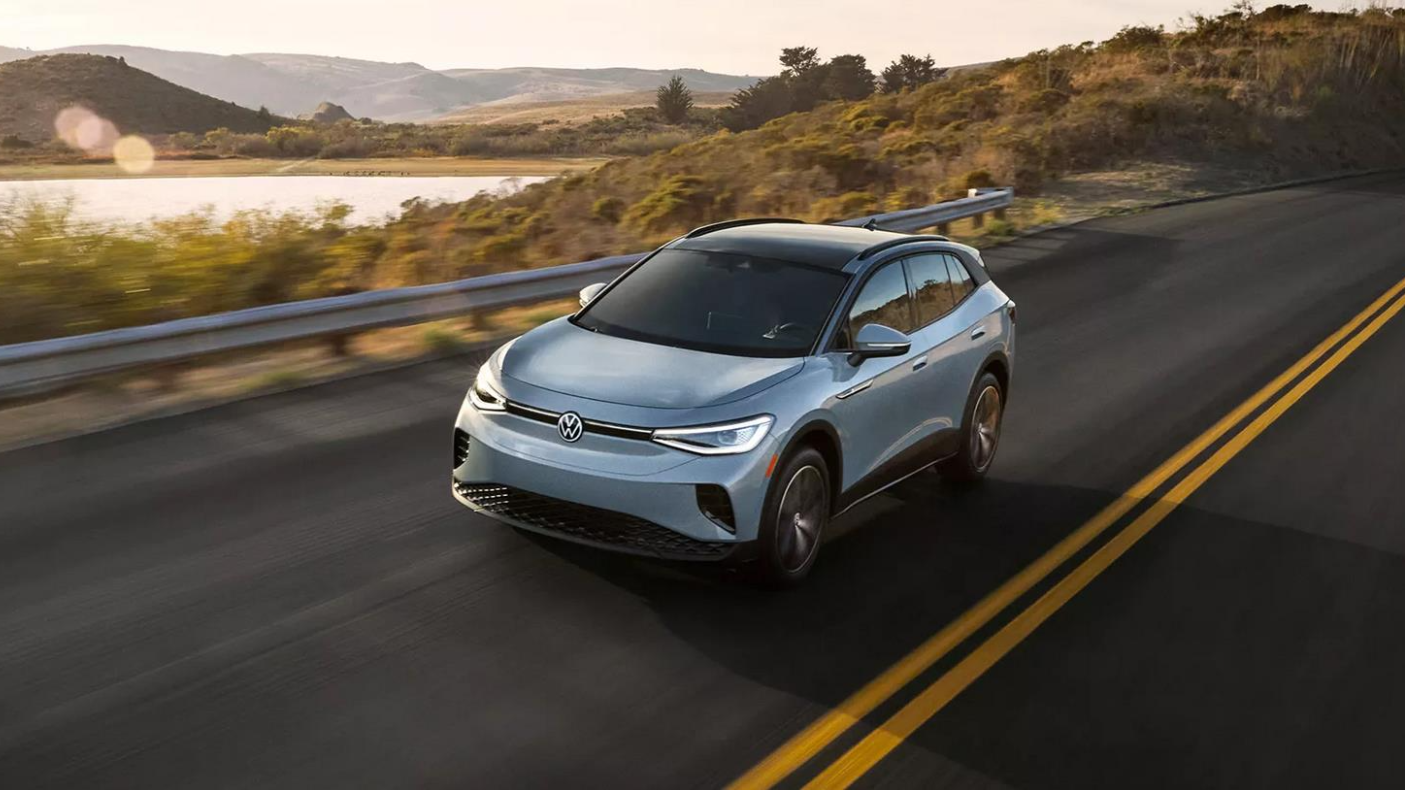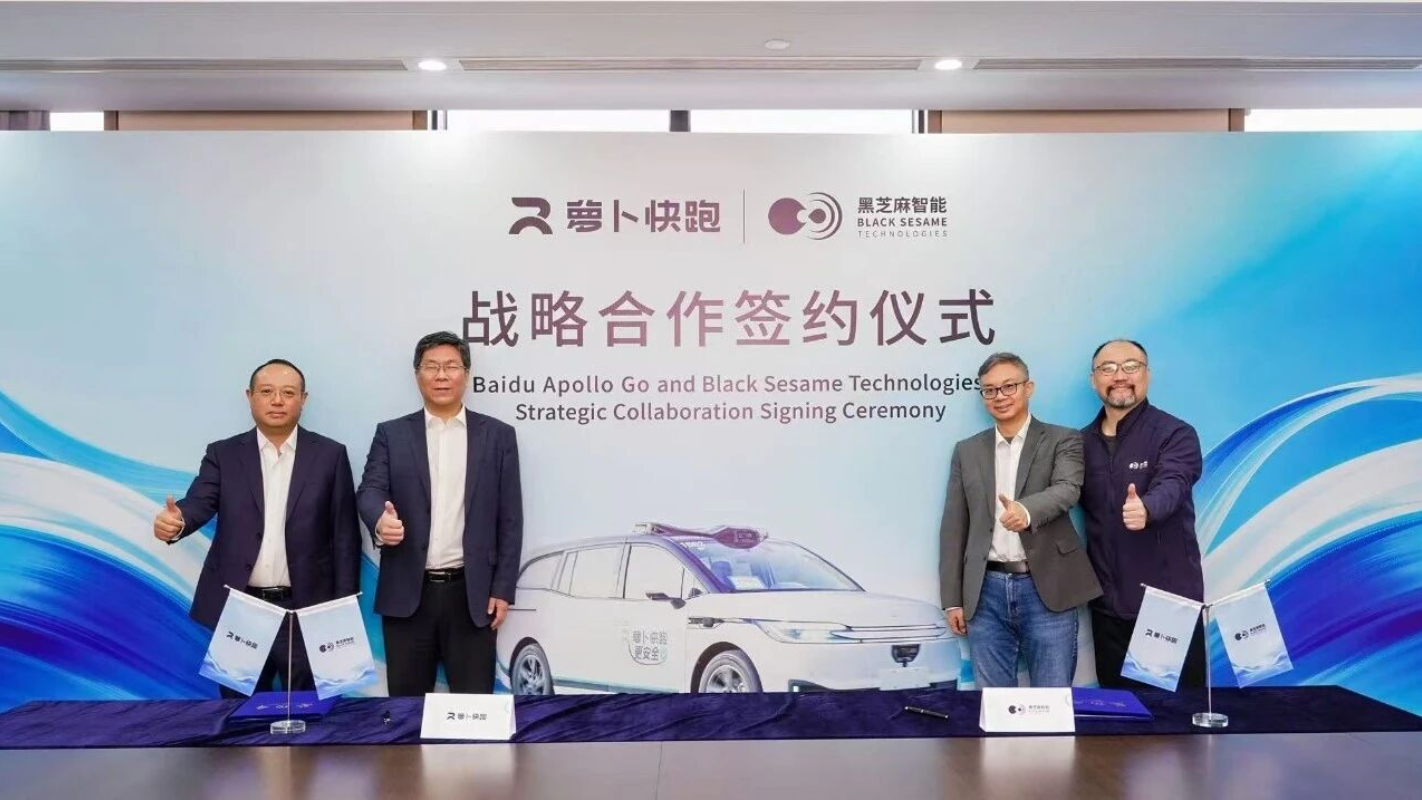Ford Motor Co. and the Chrysler Group are joining the United States Climate Action Partnership (USCAP), a coalition of environmental, corporate and business groups campaigning for mandatory reductions of greenhouse gas emissions, which are at the center of the controversy over climate change.
"We are pleased to join USCAP at a critical stage in the conversation on climate change, energy consumption and environmental protection," said Alan Mulally, Ford president and chief executive officer.
"We all recognize it is time for action. Ford has long supported the six major principles of USCAP, including recognizing the importance of technology and the need to be environmentally effective. We have been actively developing a range of advanced technology vehicles to address the climate change issue," Mulally said.
Tom LaSorda, President and CEO, Chrysler Group, said in a statement, "Now is the time for advancing a national approach to climate change where all of us-individuals, industry and government-take action toward reducing emissions of greenhouse gases."
"We look forward to working with the USCAP members in formulating a system to control greenhouse gas emissions in a way that not just addresses the supply of energy-efficient products and commodities, but also spurs demand for them," LaSorda said.
The founding members of USCAP include Alcoa, BP America, Caterpillar, Duke Energy, DuPont, FPL Group, Inc., General Electric, PG&E, and PNM Resources, along with four leading non-governmental organizations - Environmental Defense, Natural Resources Defense Council, Pew Center on Global Climate Change and World Resources Institute. General Motors announced it was joining the coalition back in May.
The announcements from Ford and Chrysler come just as the automobile industry in general is fighting an increasingly desperate battle to hold off a major increase in corporate average fuel economy standards (CAFE).
Industry leaders maintain the CAFE system is badly flawed but a CAFE to a 35-mpg fleet average easily cleared the U.S. Senate last week and are expected to be adopted by the U.S. House of Representatives soon.
In recent months, the airline and oil industry have easily outmaneuvered the automakers' lobbyists, with the result that carmakers are facing a disproportionate responsibility for curbing emissions. Others industries have thrown the auto industry under the bus to protect their own interests, a well-placed official from one Detroit automaker acknowledged this week.
Automakers also are becoming increasingly concerned about their public images, which have been banged during the current Congressional battle over CAFE.
The USCAP, however, could be considered a new way around and out of the CAFE-carbon dioxide reduction issue.
In January, USCAP laid out a blueprint for an economy-wide, market driven cap-and-trade program. A cap and trade program would recognize the importance of technical solutions and allow companies to store up credits for adopting new technology or conserving energy that could be traded for cash to other companies needing credits to meet the carbon-dioxide-reduction targets.
The cap-and-trade system would be more flexible and create new economic opportunities that the current command and control system of environmental regulation, supporters believe.
USCAP organizers also have said it believes U.S. leadership is essential for establishing an equitable and effective international policy framework. It also has recommended Congress establish short- and mid-term emission reduction targets and a national program to accelerate technology research, development and deployment.
The danger would be if hard caps on carbon dioxide emissions are approved but the trading system fails, leaving the manufacturers scrambling to find other ways to curb carbon dioxide emissions.









